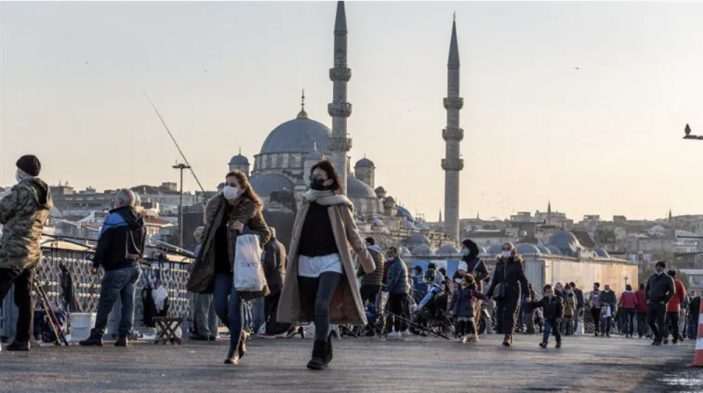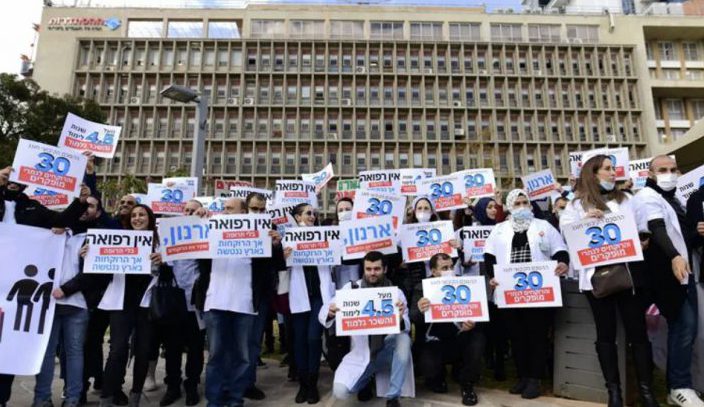Turkish authorities detain three cartoonists from a weekly magazine following the publication of a satirical drawing interpreted by some as depicting religious figures.
Turkish authorities on Monday detained three cartoonists associated with the weekly magazine Leman following the publication of a satirical drawing that has ignited controversy and drawn condemnation from government officials and religious conservatives, Reuters reported.
The illustration, widely seen as depicting Prophets Moses and Muhammad shaking hands above a scene of conflict, has been interpreted by many as a commentary on religious harmony amidst earthly strife.
Interior Minister Ali Yerlikaya publicly announced the apprehension of cartoonist Dogan Pehlevan, sharing a video on X showing Pehlevan being taken into custody.
“I once again curse those who try to sow discord by drawing caricatures of our Prophet Muhammad,” Yerlikaya stated. He added, “The individual who drew this vile image, D.P., has been apprehended and taken into custody. These shameless people will be held accountable before the law.” Yerlikaya later posted additional videos showing the forceful detention of two other individuals.
Justice Minister Yilmaz Tunc confirmed that an investigation has been launched under Article 216 of the Turkish Penal Code, which criminalizes incitement to hatred and enmity.
Detention orders have reportedly been issued for six people in total.
Leman magazine, in a statement on X, offered an apology to readers who felt offended by the drawing, asserting that the cartoon had been misunderstood. The magazine clarified that Pehlevan’s intent was to highlight “the suffering of a Muslim man killed in Israeli attacks,” and that there was no intention to insult Islam or its prophet.
“The cartoon does not depict the Prophet and was not drawn to mock religious values,” the magazine stated, according to Reuters, labeling some interpretations as “deliberately malicious.” Leman also called on judicial authorities to address what it described as a smear campaign and urged security forces to protect freedom of expression.
Turkey is known for its censorship, examples of which include regular blocking of access to websites and tightening of government control of the Internet and the judiciary. This has generated criticism from rights groups.
Moreover, Turkey has seen spiraling numbers of journalists, bloggers, and ordinary people – even schoolchildren – being taken to court on charges of insulting Erdogan and other top officials.
Examples include a 17-year-old teen who was charged with “insulting” President Recep Erdogan on Facebook, a Turkish philosophy professor who was accused of insulting Erdogan in an article in which he accused the president of corruption, and even the former Miss Turkey who was prosecuted for social media posts deemed to be critical of Erdogan.
In December of 2016, the head of a cafeteria at a Turkish opposition Cumhuriyet newspaper was detained for insulting Erdogan after saying he would refuse to serve him tea.





